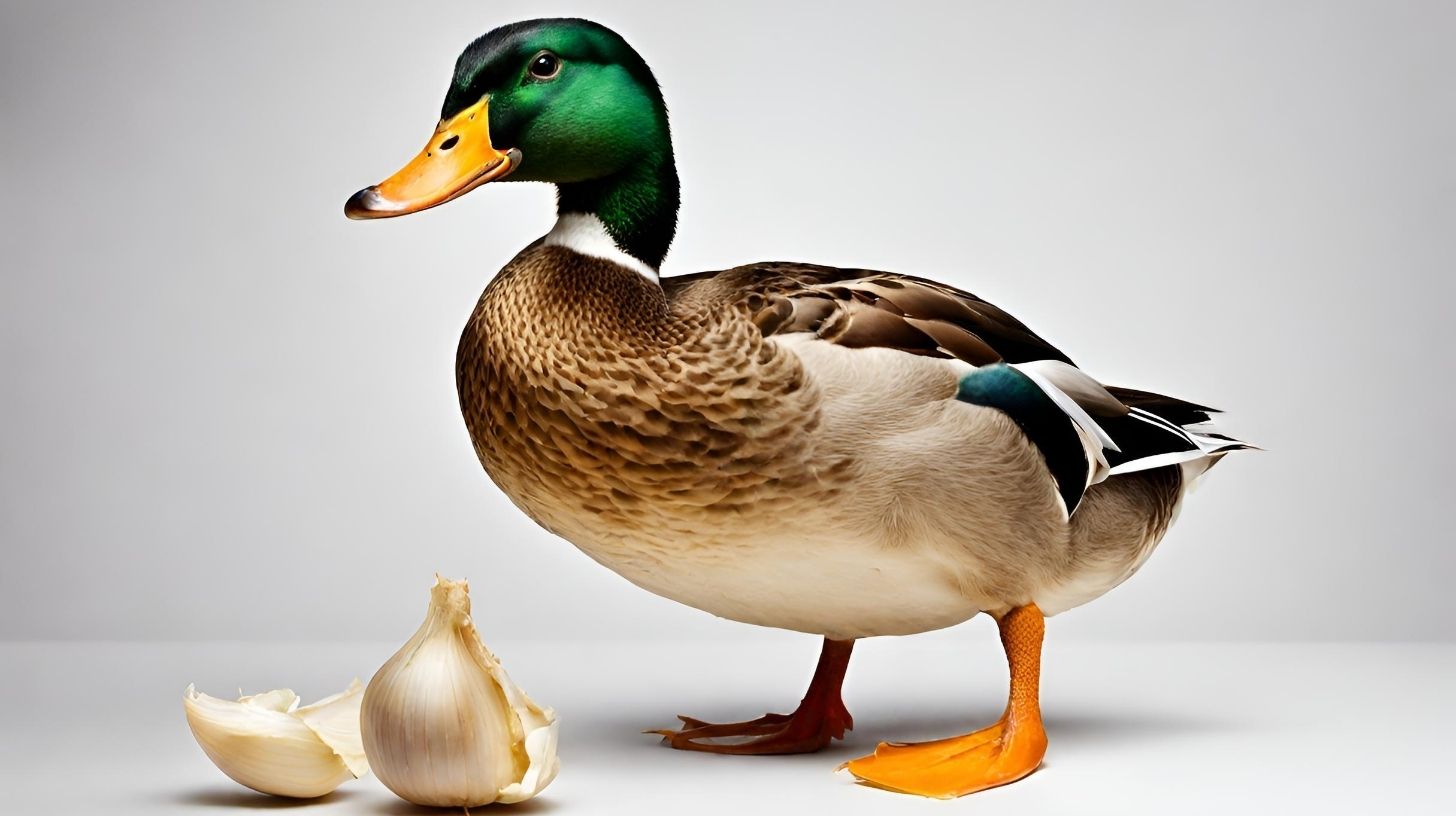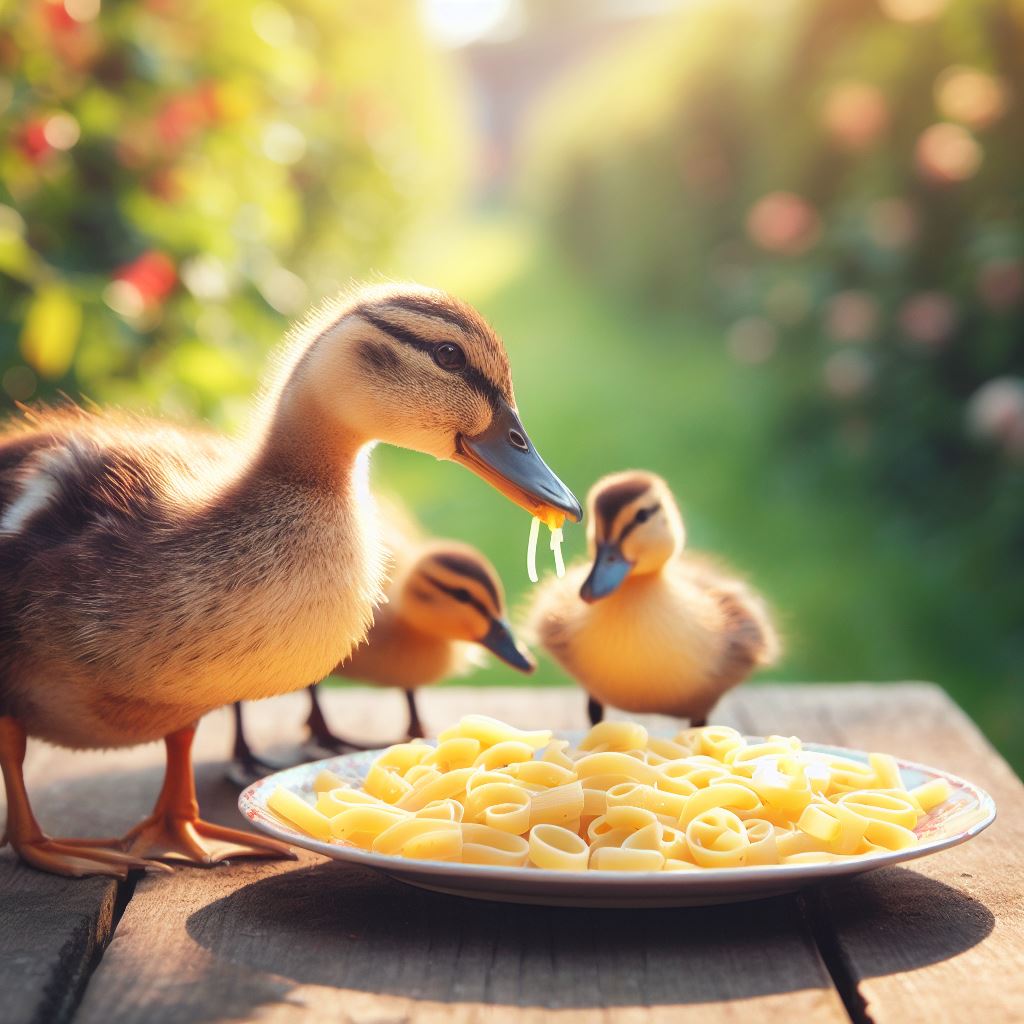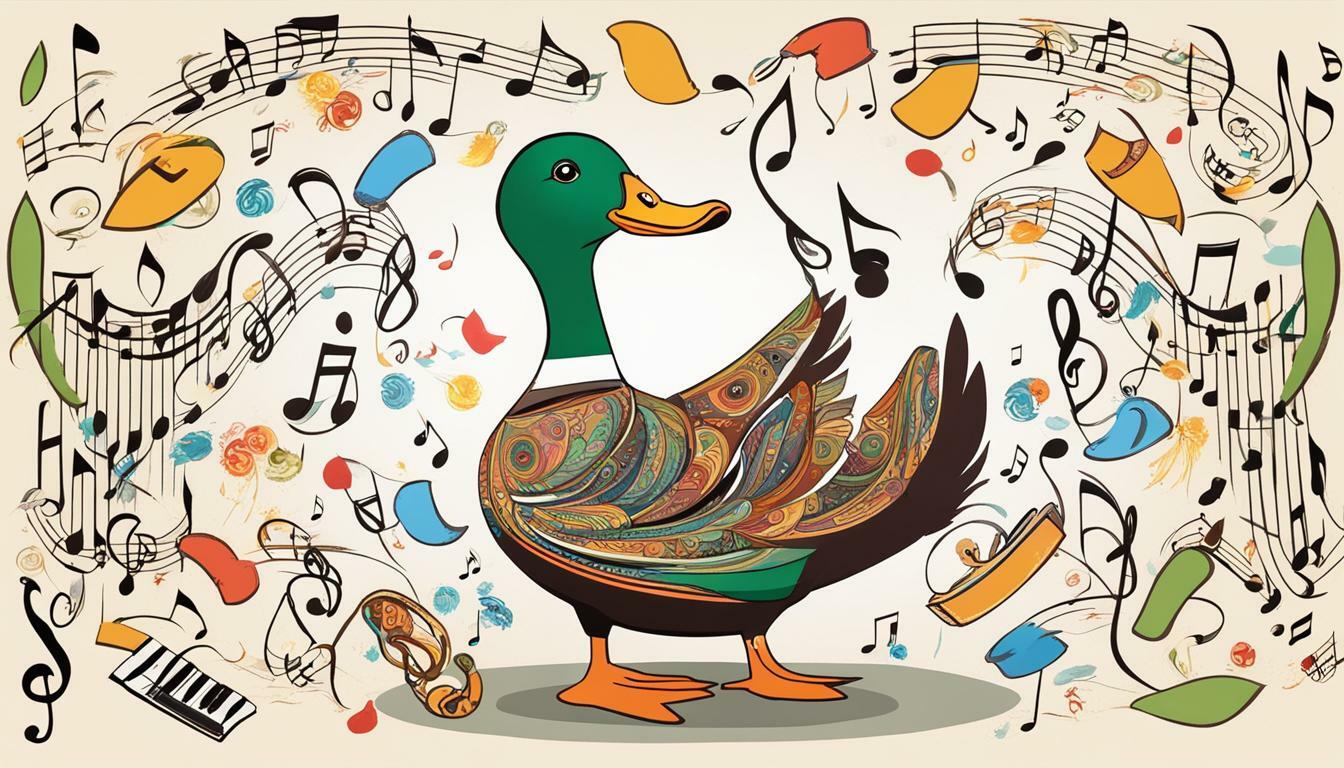Can Ducks Eat Millet? A Guide for Duck Owners
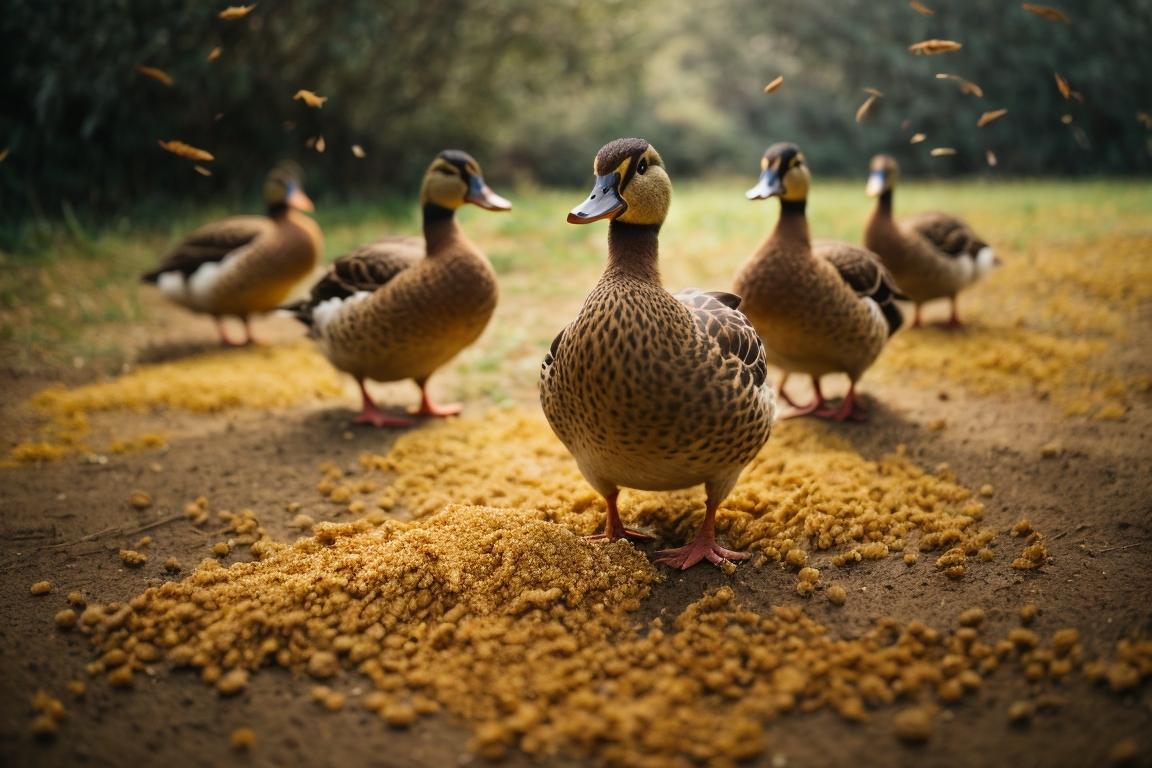
Daftar isi:
Can Ducks Eat Millet? Millet is a nutritious grain that offers many benefits for ducks. This comprehensive guide examines if and how ducks can eat millet as part of a healthy diet.
Key Takeaways:
- Millet is a highly nutritious grain that can be fed to ducks.
- It provides protein, carbohydrates, fat, and essential vitamins and minerals.
- Millet can be fed whole, cracked, as part of a mixed grain diet, or ground into duck feed.
- When feeding millet, provide adequate grit to help ducks digest it.
- Monitor ducks when introducing millet to ensure it agrees with them.
- Millet offers variety in nutrition, can help ducks reach ideal weight, and gives ducks foraging enrichment.
Millet is a small, round grain that can indeed be part of a duck’s diet. This ancient cereal grain has been cultivated for thousands of years as an important food source for humans and livestock. Millet offers nutritional variety and enrichment for ducks when added to their diet in moderation.
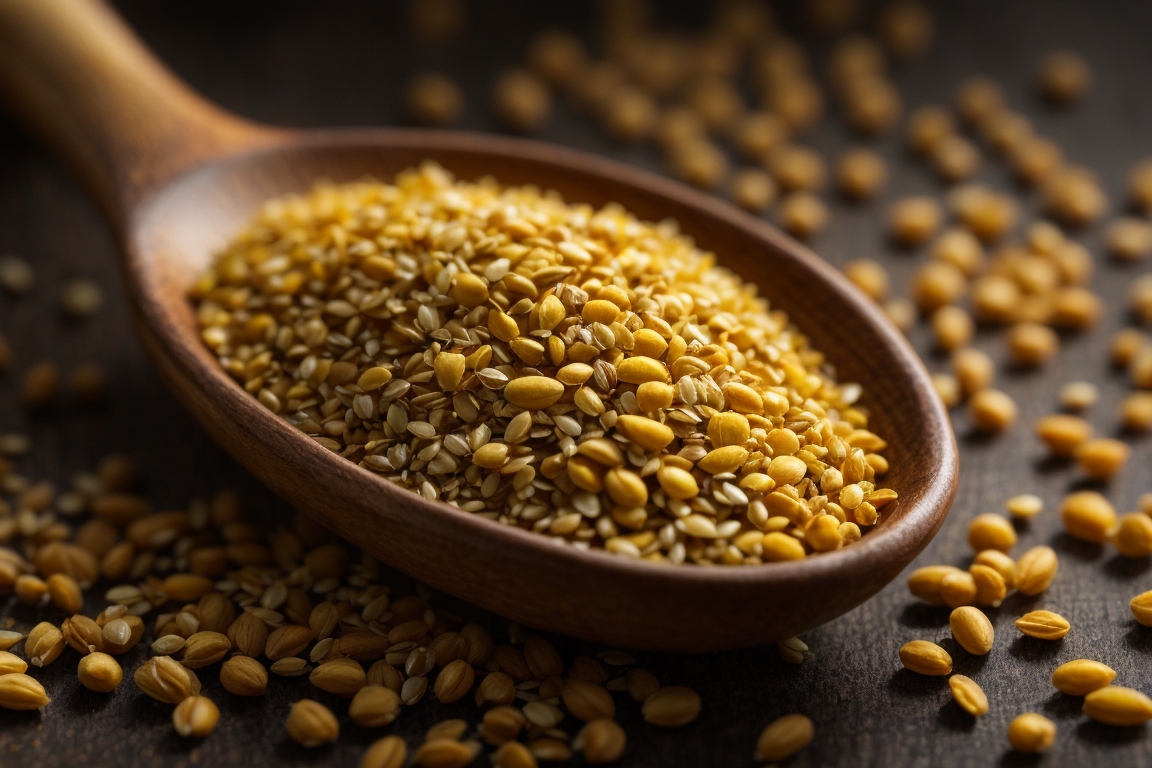 An Overview of Millet
An Overview of Millet
Millet refers to a group of small-seeded grasses that produce edible cereal grains. There are various millet species, with some of the most common being pearl millet, proso millet, foxtail millet, finger millet and Japanese millet.
Of these, pearl millet is considered the most nutritious and palatable for ducks. The small, cream-colored seeds of pearl millet are round, smooth and nutty in flavor.
Some key facts about pearl millet:
- Highly resilient crop grown around the world.
- Drought-tolerant and adaptable to different soils.
- Cereal grain with comparable nutrition to wheat or rice.
- Versatile food source for humans and livestock.
- Seeds are small but pack substantial nutrition.
This hardy cereal grain contains essential macronutrients like:
- Protein for growth and development
- Carbohydrates for energy
- Fats for healthy feathers and insulation
It also provides an array of vitamins and minerals:
| Nutrient | Benefits |
|---|---|
| Calcium | Bone and egg health |
| Phosphorus | Bone development |
| Iron | Oxygen transport and immunity |
| Zinc | Feather growth and enzyme function |
| Thiamine | Energy metabolism |
| Riboflavin | Vision, growth and eggshell strength |
With this well-rounded nutritional profile, millet can be an excellent addition to a duck’s diet when fed properly.
Can Ducks Eat Millet?
Ducks can safely eat millet as part of a balanced, varied diet. In the wild, ducks eat a diverse mix of grains, seeds, greens, and protein sources. Similarly, domestic ducks benefit from variety in their diet.
Millet provides a nutritious alternative to traditional duck feeds like corn. It expands the range of vitamins, minerals and amino acids ducks receive.
Here are some of the benefits of adding millet to your ducks’ menu:
- Nutritional variety – Millet balances the nutritional profile of standard duck feeds.
- Enrichment – Pecking and foraging for millet grains provides ducks with natural enrichment.
- Ideal weight – The fat and protein content helps ducks achieve a healthy weight.
- Cost-savings – Millet is typically cheaper than commercial duck feeds.
- Availability – Millet can be purchased whole or cracked at most farm supply stores.
When feeding any new grain to ducks, it’s important to slowly transition them over a few weeks. Monitor them to ensure the millet properly digests and doesn’t cause any crop or digestive issues.
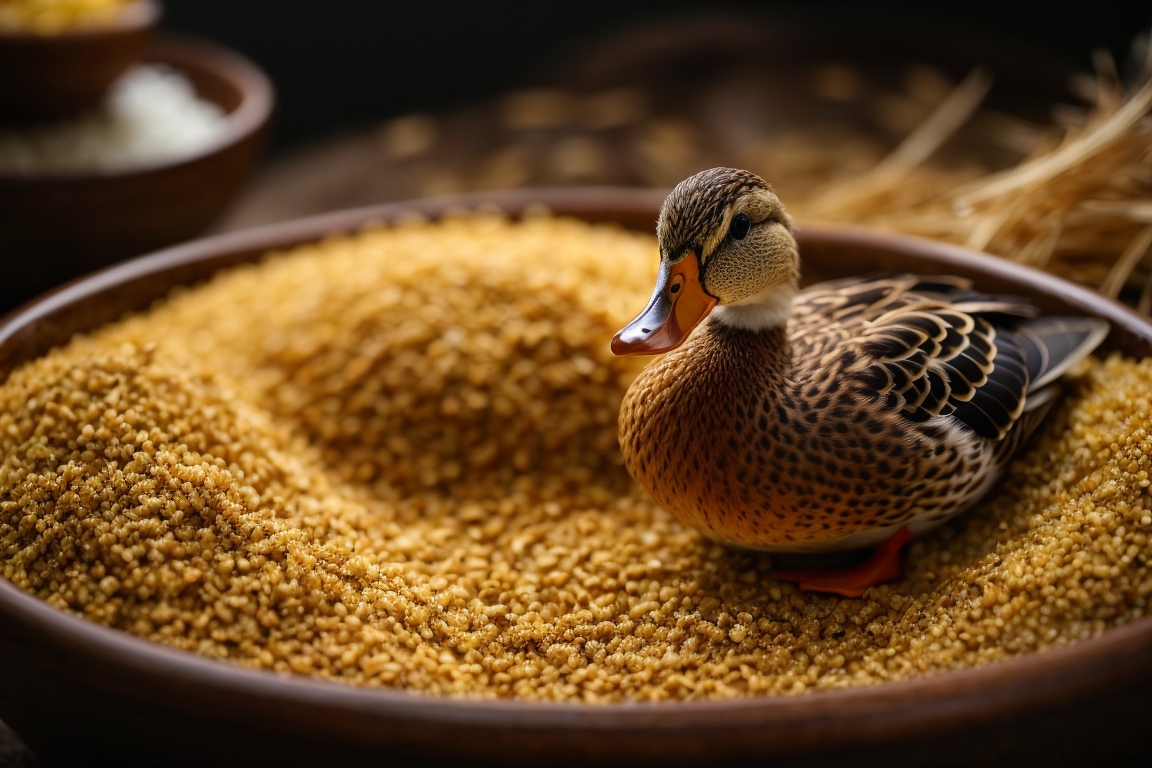 How Much Millet Can Ducks Eat?
How Much Millet Can Ducks Eat?
When adding millet to a duck’s diet, moderation is key. Millet should constitute no more than 20% of a duck’s total diet.
Recommendations on daily millet amounts for ducks:
- Adult ducks – Up to 1⁄4 cup of millet per day.
- Ducklings – Up to 1-2 tablespoons of finely cracked millet per day.
To balance millet intake, decrease corn or other grains accordingly. Provide proper grit to help ducks break down and digest the grains.
Free-choice feeding allows ducks to self-regulate consumption based on their nutritional needs. Monitor free choice millet intake for the first few weeks and adjust the ratio if needed.
How to Feed Millet to Ducks
There are several ways to feed millet to your flock:
- Whole – Scatter whole millet in the duck run or pond area to encourage natural foraging.
- Cracked – For younger ducks, crack or coarsely grind millet grains for easier eating and digestion.
- Mixed feed – Add rolled or crushed millet to commercial duck feed or homemade mix.
- Mash – For young ducklings, mix millet into a crumbly starter feed mash.
- Soaked – Soak millet overnight to soften hulls and improve digestibility.
- Sprouted – Sprouting millet for 2-3 days maximizes nutrient bioavailability.
Always provide fresh, clean water alongside any dry food like millet. Ducks require water to help swallow and digest their feed properly.
Providing Grit for Millet Digestion
Since millet has a hard, abrasive hull, ducks need grit to properly digest it.
Grit helps grind and break down grains in a duck’s gizzard. It enables ducks to access the digestible inner seed after the hull is abraded away.
Offer insoluble granite or flint grit in a separate dish free choice. Change grit regularly to prevent it from harboring bacteria.
For young ducklings under 4 weeks old, chick grit is recommended. Avoid giving grit to young ducklings still living indoors. Wait until they are on grass where their mother can show them how to use it.
With adequate grit provided, ducks can break down and utilize nutrients from millet grains. Monitor ducks during initial introduction of millet in case any have difficulty digesting it.
Potential Concerns When Feeding Millet
While millet is a healthy addition to a duck’s diet in moderation, there are a few potential concerns:
- Crop impaction – Eating too much millet without enough grit could lead to compacted crop issues.
- Nutritional imbalance – Overfeeding millet could lead to vitamin or mineral deficiencies long-term.
- Digestive upset – Any sudden large amounts of millet could cause loose droppings until ducks adjust.
- Allergies – Some rare individual ducks may be allergic or sensitive to millet.
To avoid issues, gradually transition ducks to millet and always provide adequate insoluble grit. Monitor their droppings, behavior and appearance for any signs of digestive upset.
Millet offers nutritional variety but should not exceed 20% of total diet. Balance millet with other grains, insects, greens and protein sources.
FAQs About Ducks Eating Millet
Can you feed millet to ducklings?
Yes, millet can be fed to ducklings over 2-3 weeks old in small amounts. Crack or grind the millet into small, soft pieces for young ducks. Mix it into a crumble starter feed and make sure grit is available.
Is millet good for baby ducks?
Millet provides good nutrition for ducklings once they reach 3-4 weeks old. Protein, carbohydrates and B vitamins support their rapid growth and development.
Do wild ducks eat millet?
Wild ducks will readily eat millet as part of their varied natural diet. Scattering some millet in ponds or wetlands provides wild ducks with a supplemental food source.
Is millet easy for ducks to digest?
With proper grit, ducks can break down hard millet grains in their gizzard. The abrasive action of grit helps grind the hull away to access the digestible inner seed.
Can you feed millet instead of duck feed?
Millet should not completely replace a balanced commercial or homemade duck feed. It can provide up to 20% of a duck’s diet for nutritional variety.
Conclusion
In conclusion, millet is a healthy, nutritious grain that makes an excellent supplemental food for ducks. Its high protein and fiber content provides balanced nutrition ducks need. Feeding a moderate amount of millet gives ducks added foraging enrichment and nutrition variety.
By slowly transitioning ducks onto millet and providing enough grit, duck owners can safely incorporate this versatile grain into their flock’s menu. Monitor ducks when introducing new foods and keep millet at 20% or less of the total diet for optimal health.
Welcome. I’m Adreena Shanum, the proud owner of this website, and I am incredibly passionate about animals, especially poultry. I founded adreenapets.com as a labor of love, stemming from my desire to share my knowledge and experiences with poultry enthusiasts worldwide.


